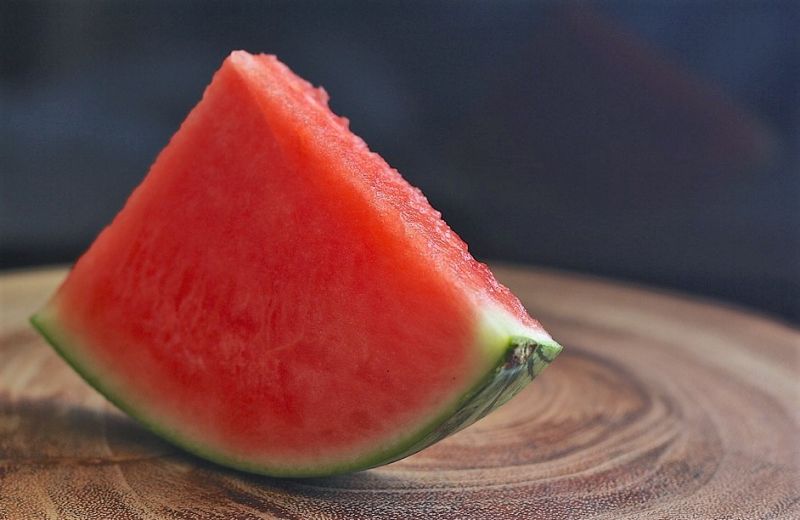Watermelon Rind Cheaply Filters Arsenic in Groundwater
Published on by Water Network Research, Official research team of The Water Network in Academic
Watermelon rind, usually discarded as waste, has been shown by researchers in Pakistan to be capable of cheaply and efficiently removing arsenic from groundwater.
Arsenic poisoning from drinking contaminated groundwater affects about 140 million people in 50 countries and an estimated 43,000 people die of it annually, according to the World Health Organization (WHO). The most affected countries are Bangladesh, India, Nepal and Pakistan though arsenic pollution is also present in China, parts of Europe and the Americas.
Treatments to remove arsenic contamination, mostly associated with water drawn from deep, subterranean sources using borewells, include the use of lime, various coagulants, osmotic membrane filters or ion exchange processes.
While several methods of ridding water of arsenic have been devised, cost has been a determining factor in actual deployment. The researchers, who published their findings last month (July) in Science of the Total Environment, claim that their watermelon rind technology is among the cheapest developed so far.
 “Watermelon rind is free. It’s basically bio-waste, abundantly produced in Pakistan,” says Nabeel Khan Niazi, assistant professor at the University of Agriculture Faisalabad (UAF) and a co-author of the paper.
“Watermelon rind is free. It’s basically bio-waste, abundantly produced in Pakistan,” says Nabeel Khan Niazi, assistant professor at the University of Agriculture Faisalabad (UAF) and a co-author of the paper.
The researchers treated watermelon rind with xanthate salts — which attract and bind arsenic — to produce a filter capable of removing 95 per cent of arsenic from water samples taken from around Pakistan. Xanthates are produced when alcohol reacts with sodium or potassium hydroxide and carbon disulphide.
A filter prototype developed by the researchers processes around 20 litres of water a day. Each filter lasts 6—8 months and costs about US$32, says Niazi. His team won funding from Grand Challenges Canada in 2014 to develop the technology.
“We are focusing on poor people who don’t have electricity or enough money to spend on very fancy filters — traditional filters can cost around US$200,” says Niazi.
The researchers are not the first to explore biological filters using xanthates to remove arsenic from drinking water. Previous attempts at making filters out of materials such as groundnut shell, mango leaf, rice husk and sugarcane bagasse, met with limited success.
Source: Sci Dev Net
Media
Taxonomy
- Arsenic
- Filtration
- Filters
- Filtration Solutions
- Filtration
- Groundwater
- Groundwater Pollution
2 Comments
-
Another story on this topic : https://tribune.com.pk/story/1787880/1-pakistani-scientists-develop-arsenic-water-filter-using-watermelon-rind/
-
Hallow Sir,
Kindly let us know the details of procedures of using the Rind for treatment with salts.
Thanks and regards.